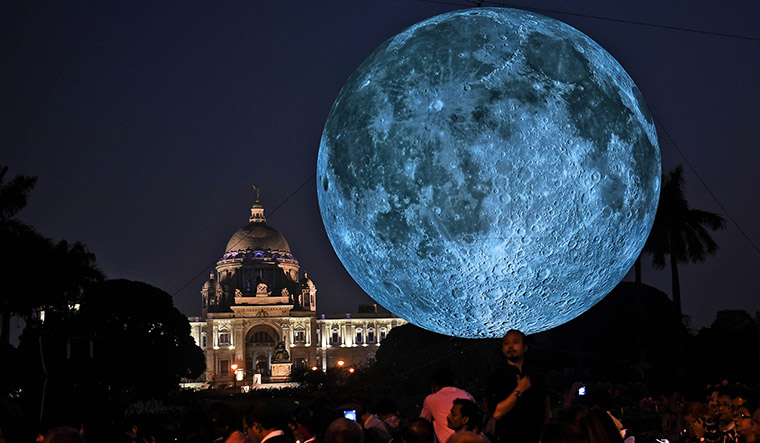West Bengal is a step closer to getting the new name of Bangla. The West Bengal assembly on Thursday unanimously passed a bill changing the name of the state to Bangla. In a rare show of unity, the Congress, the Left and the BJP supported the bill.
The proposal will now be forwarded to the home ministry by the chief secretary in a day or two. Home Minister Rajnath Singh would then place the proposal before the Union cabinet for its approval. Since the West Bengal assembly has already passed it, the proposal, if ratified by the cabinet, will then be sent to the President for his approval.
According to sources, the process would take around six months to be completed and the name will be notified by the year-end.
In 2016 too, the West Bengal assembly had passed a bill to change the name of the state. It had suggested three names then—Bengal in English, Bangla in Bengali and Bangal in Hindi. However, it failed to proceed further after the home ministry informed that no other state of India had three names. Instead, it had asked to zero-in on one name.
Mamata Banerjee had met Singh twice over the last two years to press for the name change. However, Singh refused to accept the three names explaining that it would create further administrative lapses. It would also create a bad precedence, he had argued. "The home minister (Rajnath Singh) requested me to send only one name,” chief minister Mamata Banerjee told the West Bengal assembly on Thursday.
Vintage legacy
The West Bengal government is also planning to bring back double-decker buses, run by the state transport department, banned in 1996 after serving public for close to 70 years. Minister Subhendu Adhikari said the government would bring back the double-deckers to revive the golden legacy of the West Bengal transport department.
The Left Front government led by Jyoti Basu had withdrawn the red double-decker buses as it was not environment-friendly. The buses were known to damage the trees on the roads. In addition, the double-decker buses were also not an economically viable option for the ailing state transport department then.
The double-decker buses were introduced during the British rule in 1926. These were first introduced in Kolkata and then in Mumbai. Double-decker buses are still a common sight on Mumbai roads.


